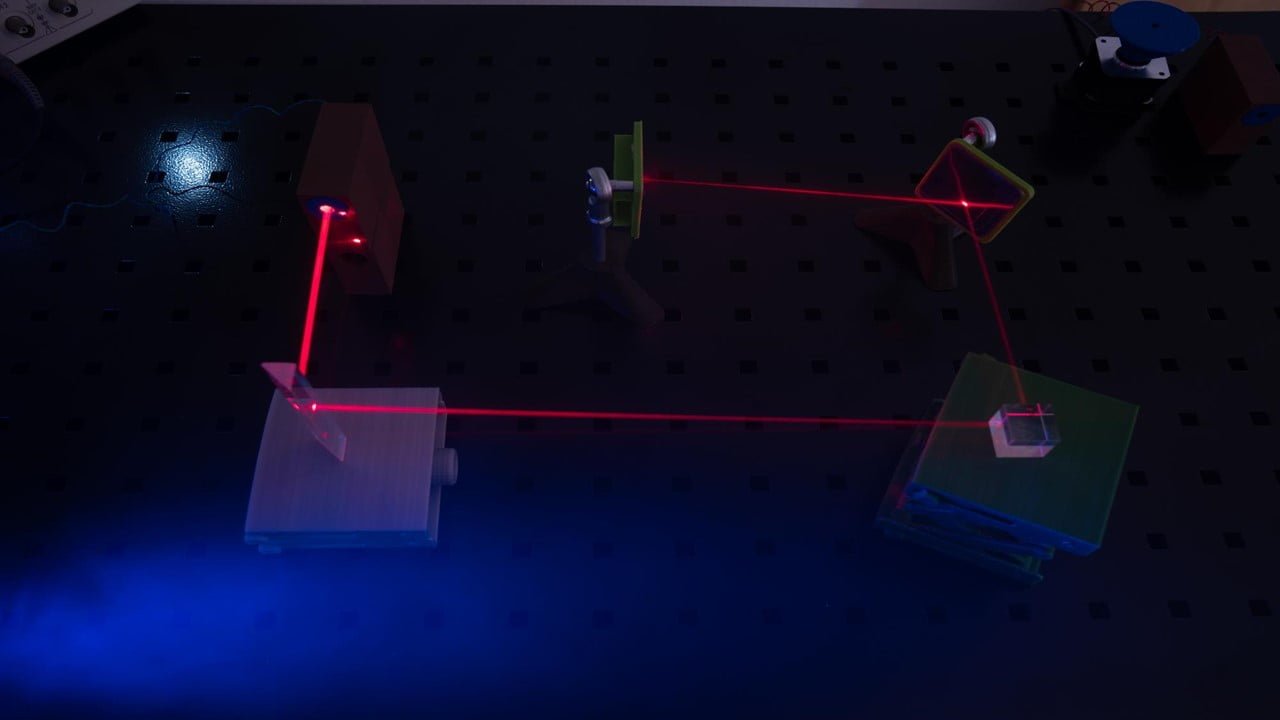
Researchers have developed a laser test for measuring the effectiveness of a facemask. The mask-testing setup is much simpler than those commonly seen in typical laser labs: it consists only of a laser, a lens, and a camera. Specifically, a laser is shone through a cylindrical lens to create an elliptical beam profile, which then [..]
Read More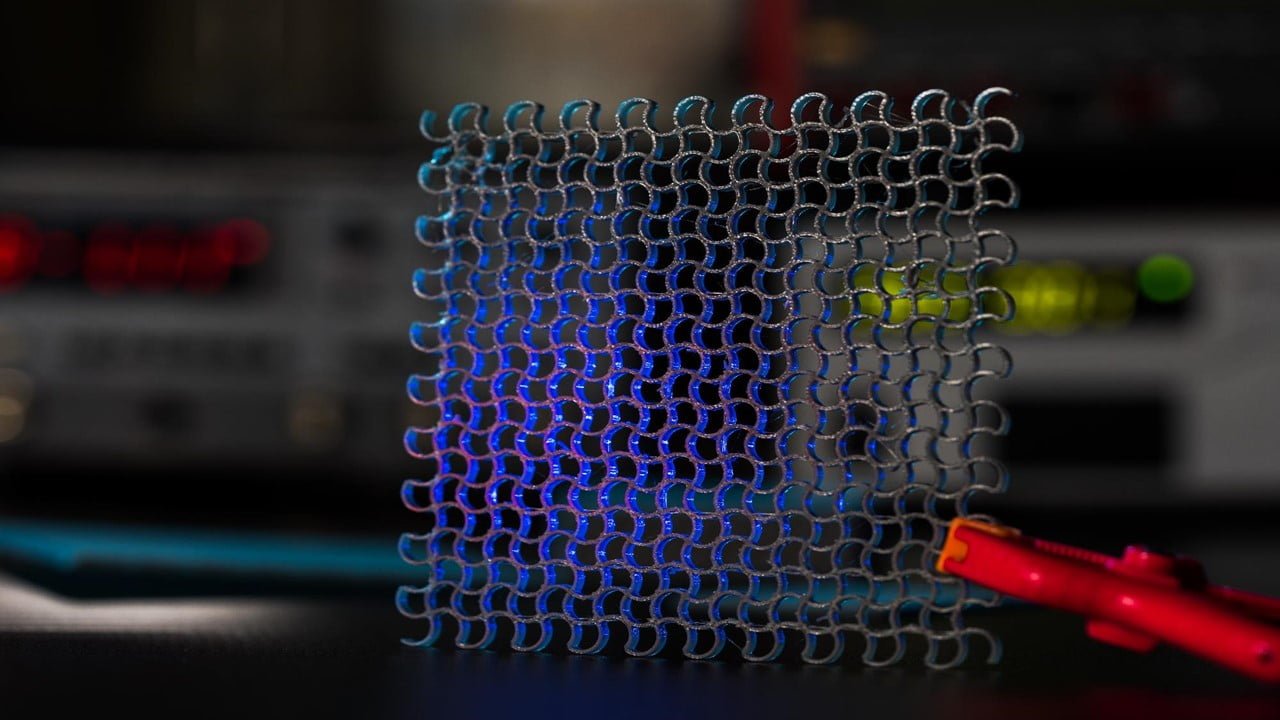
Researchers have developed a brand-new strategy (optical metasurface) that will allow quantum sensors to get much smaller than they are right now. Currently used in sensing devices, quantum technology engineers and manipulates atoms at extremely low temperatures by carefully regulating laser beams. To handle this, the atoms must be kept in a vacuum-sealed container where [..]
Read More
Severe acute respiratory syndrome coronavirus 2 (SARS-CoV-2) is humans’ third most impactful example of potentially lethal coronavirus infection within the last 20 years. Coronaviruses are positive-stranded RNA (+RNA) viruses that replicate their unusually large genomes in the host cell’s cytoplasm. This process is supported by an elaborate virus-induced network of transformed endoplasmic reticulum (ER) membranes [..]
Read More
In the past ten years, there has been a lot of research into on-chip spectrometers with customized spectral ranges and small sizes. When splitting various frequencies, there is a trade-off between resolution and size because the propagation length usually scales inversely with the frequency resolution. On-chip compressive spectrometers can be used with scattering media in [..]
Read More
Engineers have introduced a new technique for performing high-level neural network computations by substituting a photonic tensor core for existing digital processors such as GPUs. In the approach, light-speed energy replaces electricity, and optical processing data feeds at a two to three orders higher performance than an electrical tensor processing unit (TPU), supporting unsupervised learning [..]
Read More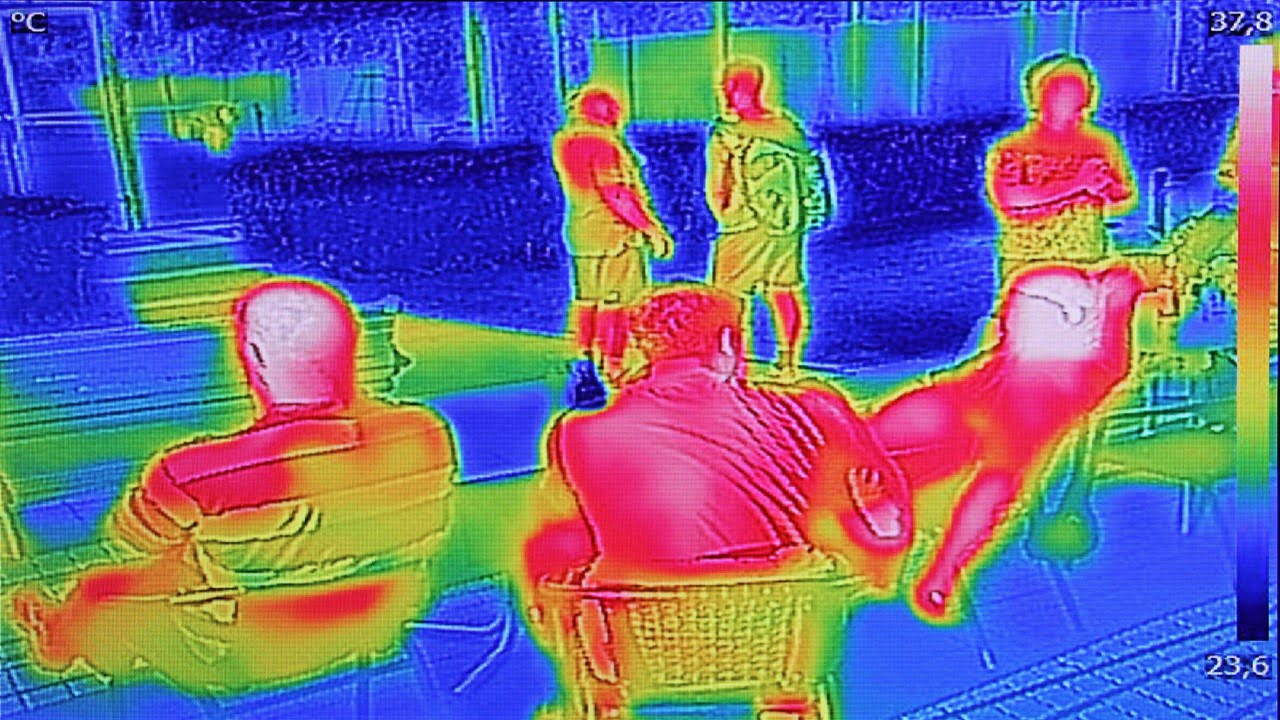
Imaging chemical species using mid-infrared light is a key bioimaging and environmental monitoring technique. Still, the mid-IR detectors needed for the task have tended to be expensive, complex, and relatively inefficient. Current mid-IR cameras are based on low bandgap semiconductor materials that require cryogenic cooling to reduce thermally excited electronic noise, and electronically cooled alternatives [..]
Read More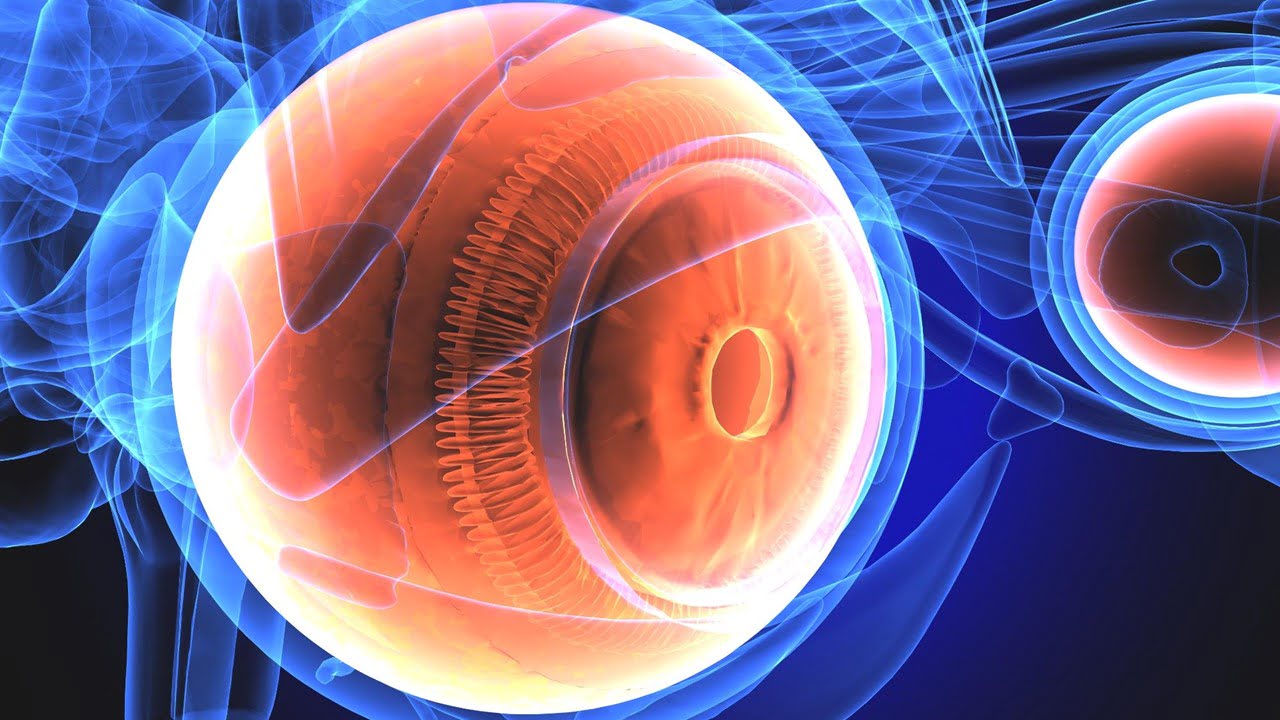
The therapeutic management of dry age-related macular degeneration (dry AMD) is difficult. It is one of the main reasons for progressive blindness, depriving millions of people over 65 of their central vision, and it frequently makes it difficult for patients to read, drive, and recognize the faces of their loved ones. Although vitamin-based supplements might [..]
Read More
An advanced imaging technique called scanning transmission electron microscopy (STEM) has provided scientists with rough pictures of enamel crystallites. However, the intensity of traditional STEM beams required for a clearer view would damage the enamel before a picture could be generated. In new research, a team used advanced imaging techniques to produce a picture of [..]
Read More
Displaying three-dimensional pictures that are visible to the unaided eye is best done with 3D holograms. Metasurfaces made of subwavelength structures have a lot of potential for manipulating the light field, which is beneficial for beating the limitations of conventional computer-generated holography. However, issues like low frame rate and low frame number have long stood [..]
Read More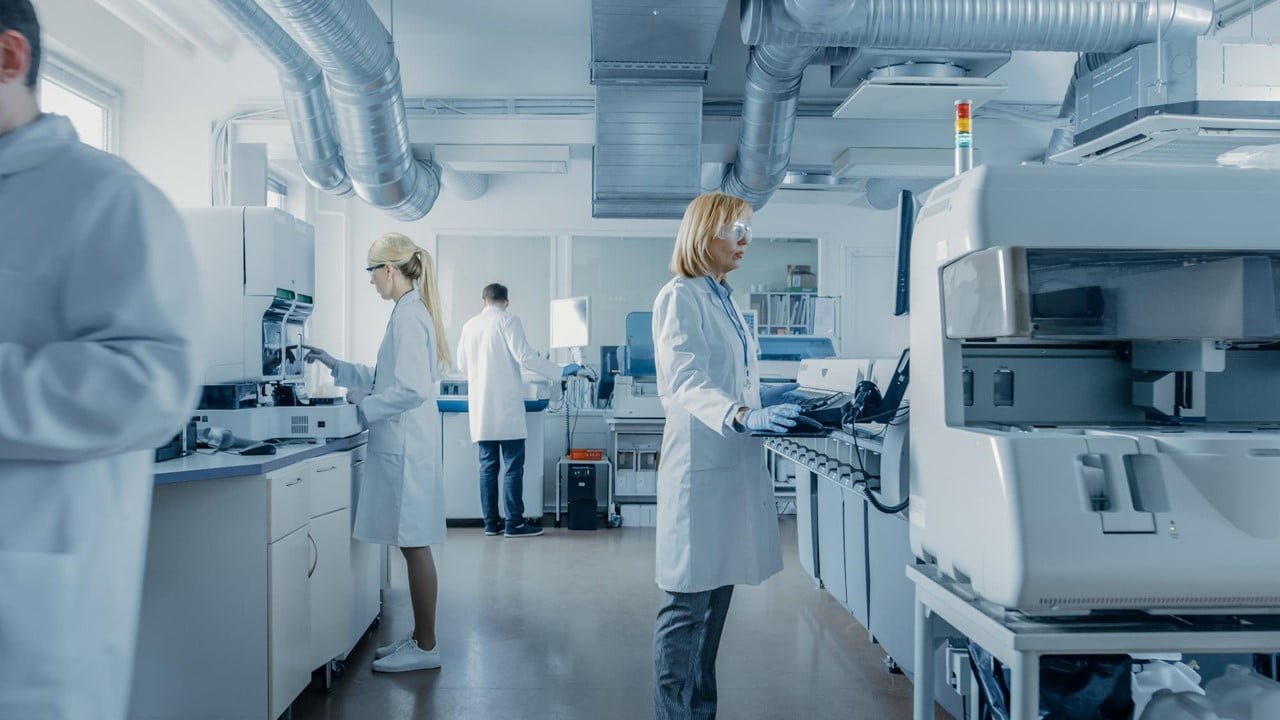
A group of researchers has advocated for the use of UV light as a ‘particularly efficient, easily deployable, and economically affordable’ means to limit the spread of coronavirus. The study, involved experts in the fields of virology, immunology, aerosols, architecture, and physics, analyses the possible methods to prevent Sars-Cov-2 propagation in indoor spaces. Small indoor [..]
Read More
Advanced nuclear magnetic resonance (NMR) spectroscopy pulse sequence editing enables noninvasive assessment of the spatial distribution of chemical composition and diffusion behavior of materials. However, the spectral resolution and analytical approach for heterogeneous materials could still be improved. Here, scientists create tools for thoroughly analyzing substances and their dynamics in whole bodies and heterogeneous systems [..]
Read More
A new thermal scanner called a “Multi-Person Thermal Scanner” can precisely measure the skin temperatures of up to six individuals at once. The scanner’s main purpose will be to assist businesses and healthcare organizations in swiftly and effectively identifying people suffering from a fever, one of the main symptoms of Covid-19. A non-intrusive, cutting-edge thermal [..]
Read More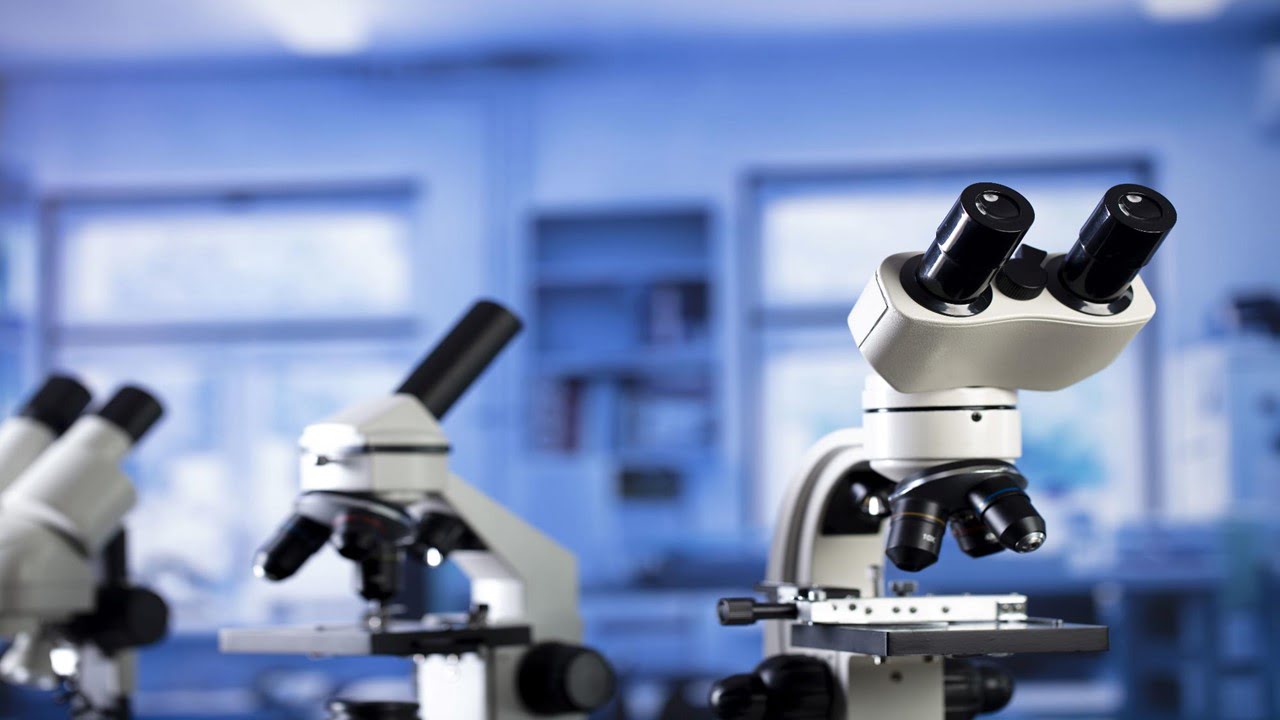
Biophysicists have created a high-throughput super-resolution microscope to examine mammalian cells’ nanoscale dynamics and structures. This microscope reveals the twists and turns of an organelle crucial to cell division in unparalleled detail. Centrioles are a thousand times smaller than a human strand and about one hundred times smaller than a mammalian cell. Since the techniques [..]
Read More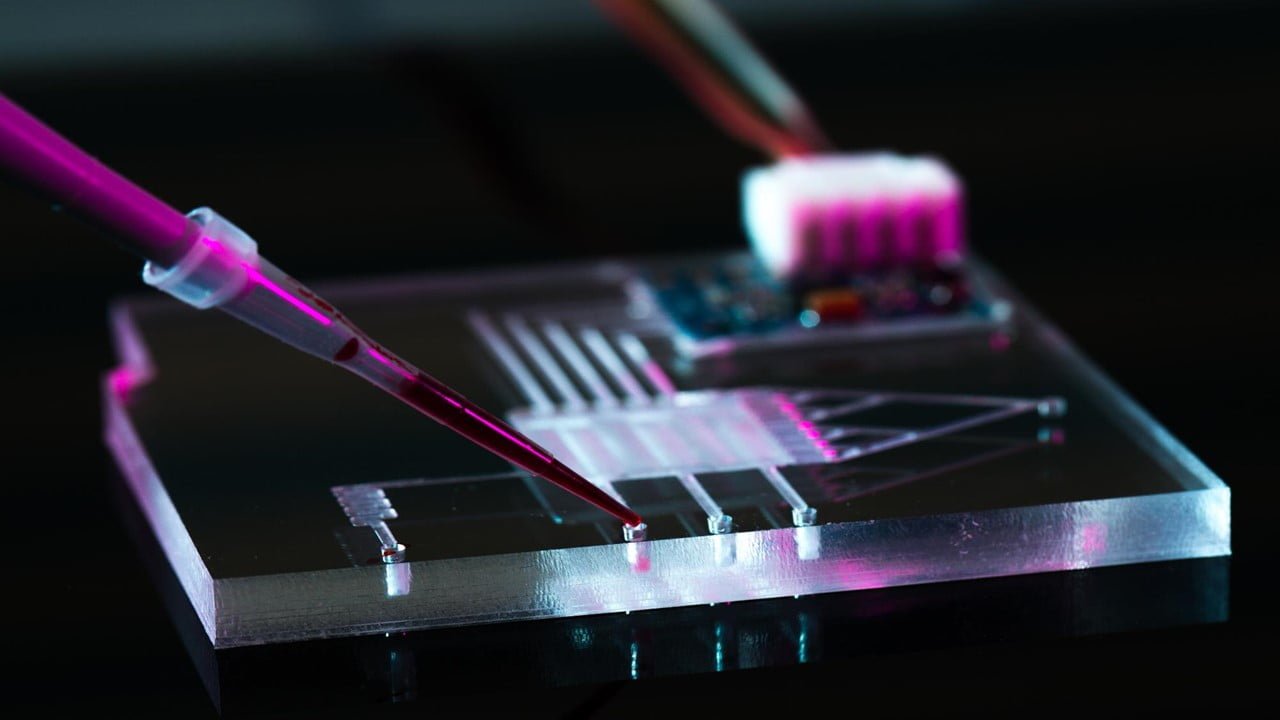
Engineers have created a novel 3D printing method that enables the printing of flexible materials with precise tuning. The group successfully printed materials using a droplet-based, multiphase microfluidic system with possible uses in soft robotics, tissue engineering, and wearable technology. Until the product is finished, printing material is repeatedly added to the structure using conventional [..]
Read More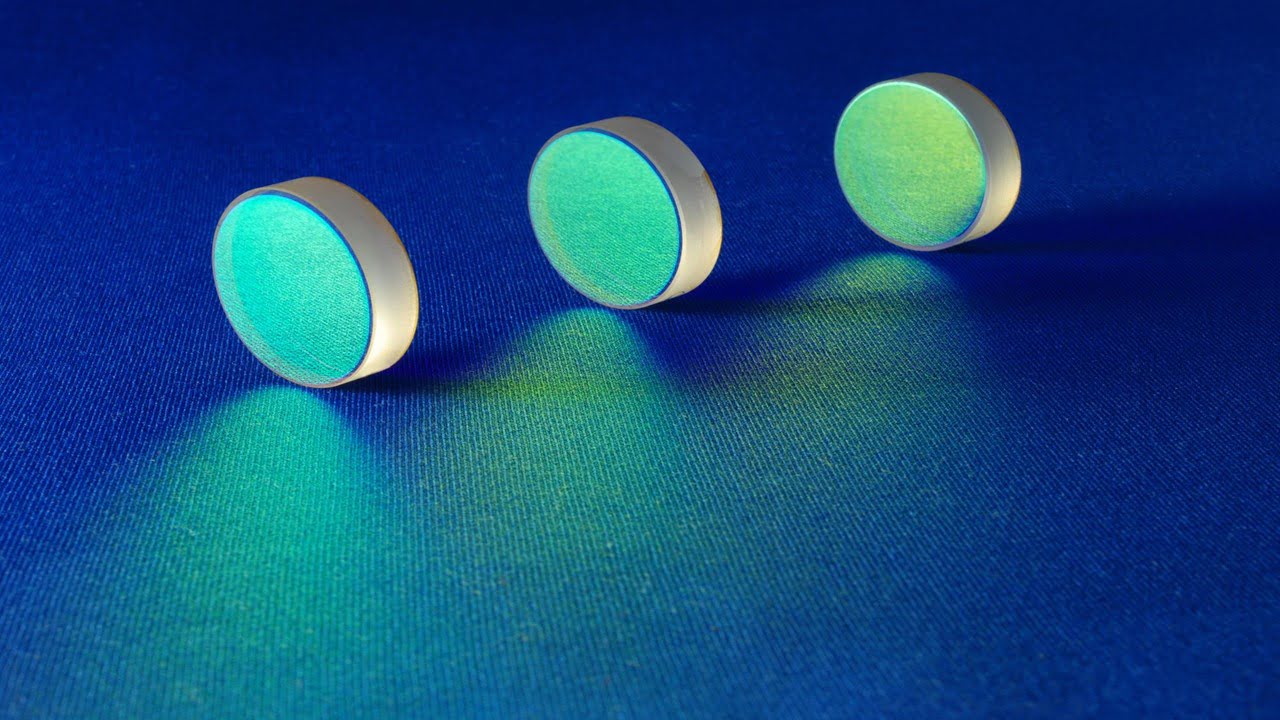
The US Patent & Trademark Office published a patent application from Apple to strengthen further the structural housing glass and cover display of upcoming iPhones and other devices, such as a potential all-glass iMac. Apple’s latest patent pertains to strengthening the structural housing glass and a cover glass of upcoming iPhones and other devices, including [..]
Read More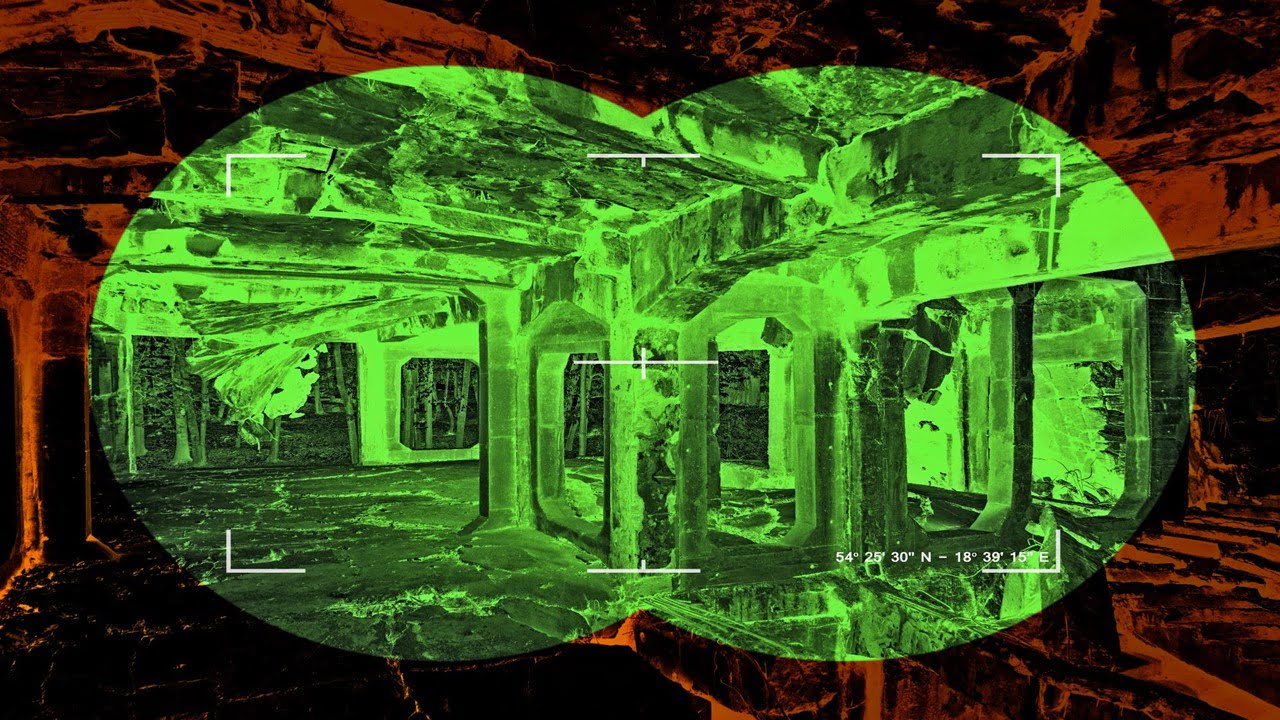
People who have lost their eyesight may be able to see thanks to the development of bionic eyes again. According to other studies, these bionic eyes may create streaky images and are too slow to capture quick movements, so they aren’t clear enough for them to depend on to navigate the world. But this novel [..]
Read More
The deterioration of photoreceptors is a significant factor in blindness. Patients with localized retinal degeneration may benefit from additional vision function if their blind human retina is made sensitive to near-infrared light. Researchers restored the light sensitivity of damaged photoreceptors using tunable, near-infrared devices. An antibody to temperature-sensitive ion channels was coupled with gold nanorods [..]
Read More
Researchers have created a molecular shield that strengthens the usefulness of near-infrared fluorescent dyes and stabilizes them. Because it can effectively penetrate human flesh, near-infrared light is frequently used in fluorescence bioimaging. However, the dyes must also be water soluble and carry functional groups for conjugating with targeting biomolecules, such as antibodies or tumor-binding peptides. [..]
Read More
More trustworthy deep learning medical imaging models will be needed as artificial intelligence (AI) is widely used for crucial tasks like diagnosing and treating diseases, necessitating predictions and outcomes about medical care that practitioners and patients can rely on. The objective of a new deep learning method put forth by a group of computer scientists [..]
Read More
Magnetic tape and hard disk drives hold much of the world’s archival data. Compared with other memory and storage technologies, optical data storage in tape and disk drives cost less and are more reliable. Archivists may soon have another option—using an extremely fast laser to write data into a 2-millimeter-thick piece of glass, roughly the [..]
Read More